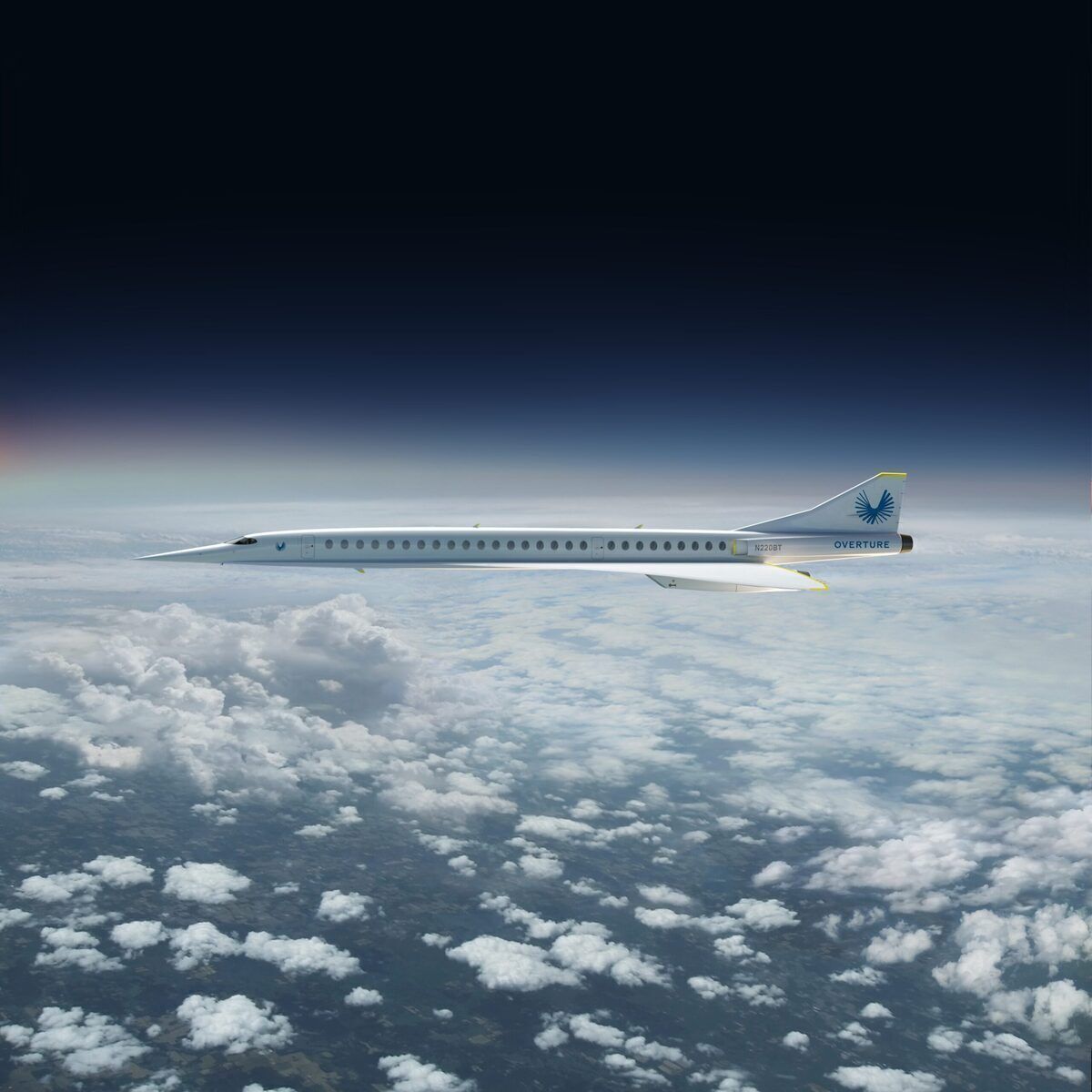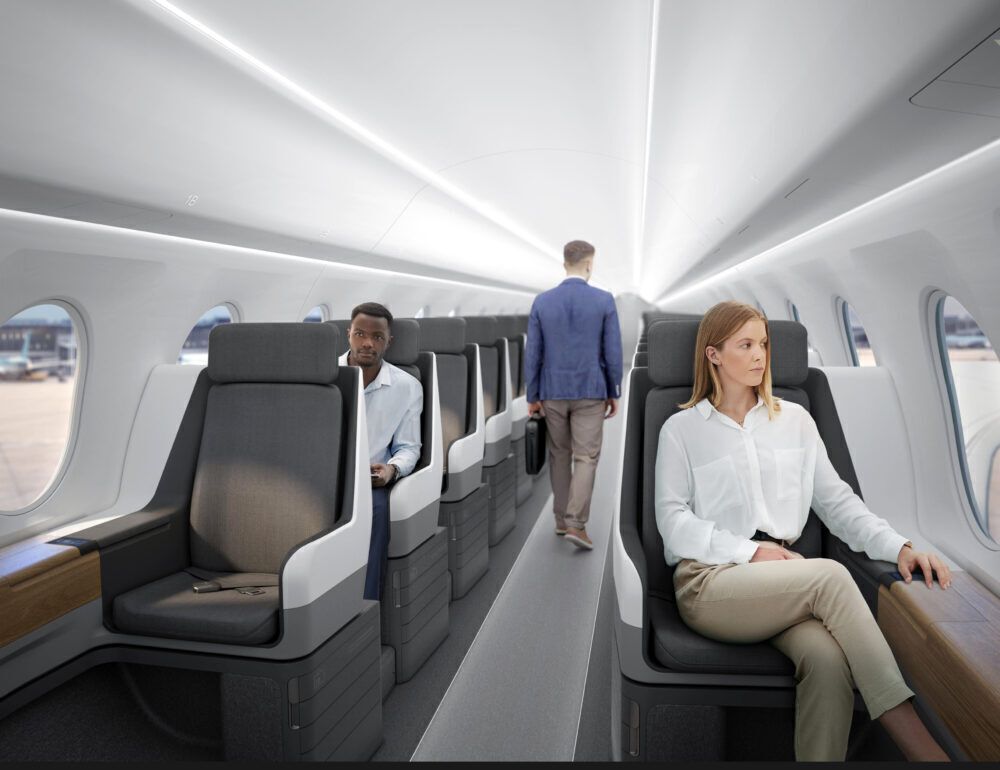Ex British Airways CEO Willie Walsh has said he does not have faith in United’s supersonic plans. The former BA boss spoke at a conference on Thursday, saying he would enjoy watching United's supersonic attempt but that if he were still head of an airline, he would not be following in their footsteps.
United Airlines caused a stir this week by announcing it would buy 15 supersonic jets from Boom Supersonic. However, despite all the excitement surrounding the announcement, former British Airways boss Willie Walsh said he didn’t see a future for supersonic jets in commercial travel.
Speaking at the A4E Summit today, Walsh said,
“We’ll watch with interest, but no, I wouldn’t be buying it. I’m not convinced that supersonic transport is the right move going forward.”
Walsh used to be in the top job for BA, one of only two airlines to operate the last attempt at supersonic travel; Concorde. Walsh took the CEO position at BA the year before Concorde was grounded.
Stay informed: Sign up for our daily and weekly aviation news digests.
Supersonic isn’t profitable
It seems as if Walsh’s main objection to supersonic travel is that currently, it just isn’t feasible when it comes to finances. Walsh confirmed that he got to see the financial impact of Concorde firsthand at BA, confirming that it wasn’t at all profitable.
But Concorde took its final flight in 2003, and technology has come a long way since then. However, one major financial factor must be taken into consideration; fuel burn. Concorde famously burnt a huge amount of jet fuel. Considering fuel prices are still a major concern for airlines, supersonic jets, which use even more fuel than regular aircraft, must be a hurdle to overcome if supersonic travel is to play a part in the aviation future.
As if to prove a point, Aerion, a manufacturer backed by Boeing to make the next supersonic jet announced last month that it would be shutting down. The reason? It didn’t have enough money.
Could Walsh be wrong?
Part of the reason Aerion collapsed was the lack of funding. Many airlines promised to be one of the first airlines to sign up but were reluctant to sign deals. However, Boom, the company United has signed with, has actual agreements in place. Japan Airlines has reportedly signed a deal paying US$10 million upfront. The Virgin Group also signed for pre-order. Boom is also working with Rolls-Royce and now United Airlines.
This feels like if any manufacturer is going to bring supersonic back to commercial aviation, it will be Boom and United. And Boom has confirmed it is planning to make its supersonic jets commercially, economically, and environmentally viable. They also have to consider things like noise pollution. If supersonic travel does take off, we can’t have sonic booms happening over towns and cities every few hours.
Whether Walsh is right or not in voicing doubt over United’s supersonic plan, we can’t but help agree with him on one thing; it’s certainly going to be interesting to watch.
Do you agree with Walsh? Let us know in the comments.



